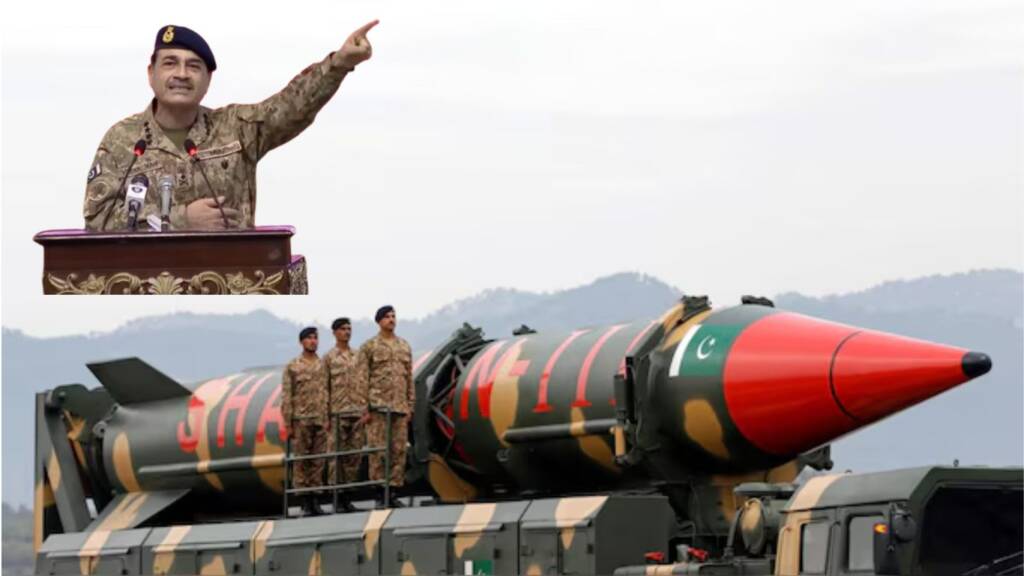Just a day after the brutal terror attack in Pahalgam, Kashmir, where 26 innocent Indians lost their lives, Pakistan has taken another dangerous step. Reports suggest that Pakistan is preparing to test a surface-to-surface missile, possibly the Shaheen-III or the Babur cruise missile. This missile test is not just a show of strength—it is part of a larger psychological warfare plan.
The missile, with a range of 2,750 km, is capable of hitting targets far beyond South Asia. This means countries in West Asia, like Israel, and possibly even parts of Europe and the United States, could fall within its reach. The question is—why does Pakistan need such a long-range missile if its concern is only India? The answer lies in its deeper and more dangerous ambitions.
The missile test is likely to be presented by Pakistani media as a defensive move against India. But this is far from the truth. It is a strategy to divert the world’s attention from the real issue—Pakistan’s growing tendency to support and sponsor terrorism. Terror attacks like the one in Kashmir are not isolated incidents. They are part of a pattern where violence and fear are used as tools of foreign policy.
What’s more alarming is the man behind these decisions—Pakistan’s Army Chief, General Asim Munir. Known for his hardline religious views, General Munir has often used the language of Islamist extremists. In one of his past videos, he even spoke about Islam in a way that created a sense of threat and superiority over other religions. When such a person holds the highest military post in a nuclear-armed country, the danger is not just for India but for the world.
Pakistan’s missile development program is no longer just about regional security. It is becoming a global issue. Last year, in December, the United States sanctioned Pakistan over its growing ballistic missile capabilities. A senior White House official even called Pakistan an “emerging threat” to the US. This warning from Washington should not be taken lightly. When a country develops missiles that can reach thousands of kilometres, its intentions must be questioned, especially if that country has a long history of harbouring terrorists. The US knows Pakistan is a long-term threat to the US, and they must not let it happen to acquire such weapons which have the capability of hitting Washington or its allies.
Also Read: US sanctions Pakistan for developing missiles that can target the White House
The timing of this missile test, so soon after the Kashmir attack, also shows Pakistan’s complete lack of responsibility. Instead of acting against terrorism and showing sympathy for the victims, it chooses to provoke and threaten. This reflects the mindset of a country that is not interested in peace but in power through fear.
Now from London to Washington, and from Tel Aviv to Paris, the threat is real. If Pakistan’s dangerous actions continue to be ignored the world might face the consequences in the future. Previously, Pakistan has threatened Israel with its nuclear weapons. Now, if they succeed in a missile that has a range of reaching Tel Aviv, it will have major repercussions for the world.
It is also time to rethink how global organisations like the United Nations deal with countries that support terror and build dangerous weapons at the same time.
Pakistan’s missile test is quite clearly not about defence—it is an announcement of how damgerous Islamabad can be to world peace. It is a message to the world that it is ready to go to any extent, as it shows that it has no regard for anyone.
